Category: biotech/medical – Page 2,716
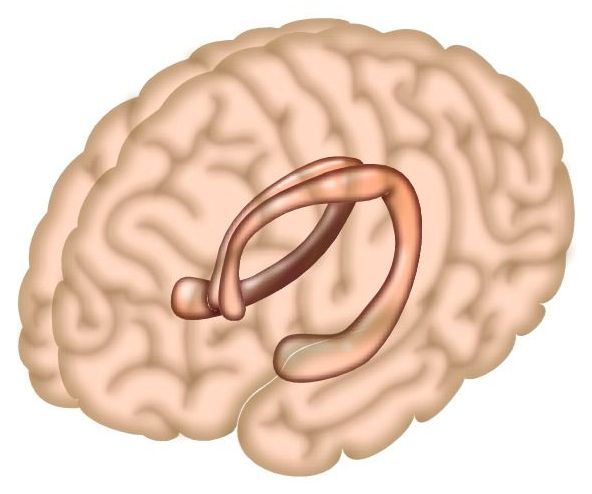
Sleep frees up the hippocampus for new memories
Two regions of our brain are central for storing memories: the hippocampus and the neocortex. While the hippocampus is primarily responsible for learning new information and its short-term storage, the neocortex is able to store large amounts of information for a long time. Lea Himmer, Dr. Monika Schönauer and Professor Steffen Gais of the Institute of Medical Psychology at the University of Tübingen and their team investigated how these brain areas interact during the consolidation of new memories and which role sleep plays in that process. The team of researchers used functional neuroimaging to show that repeated rehearsal can lead to the establishment of memory traces in the neocortex within a short timeframe. However, these traces are only sufficiently stable if a sleep phase follows learning – otherwise the brain continuously needs to call on the hippocampus to help with long-term storage of new memories. The new study is published in Science Advances.
In this new study, the researchers had their participants study a list of words, which was repeated seven times. While they conducted this task, their brain activity was recorded by an MRI scanner. Twelve hours later, the participants repeated the task with the learned words and a new word list. Half of the subjects had slept in the meantime, while the other half had remained awake. Repeated practice led to increased involvement of the posterior parietal cortex, a region of the neocortex, within an hour. At the same time, the hippocampus became less and less engaged in the process.
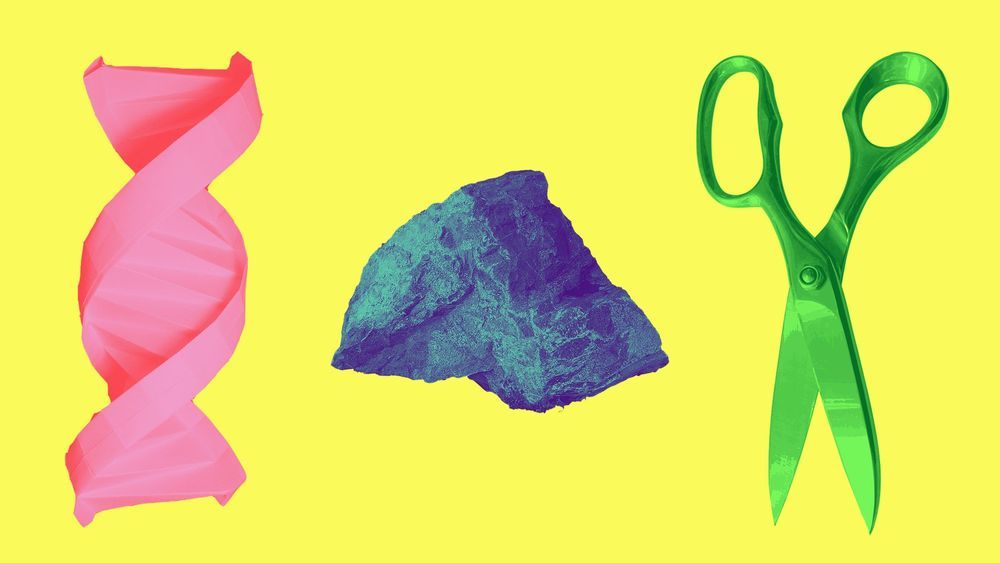

Breakthrough Flu Vaccine Could Soon Eradicate The Virus Forever: One-shot Immunity For Life!
Researchers in Australia are on the verge of discovering a universal flu vaccine — one which would be effective against all strains of the virus. When they do, we won’t have to take a new flu shot every year anymore. We’ll just get this one shot, and never more. It’s a finding that is being heralded as an “extraordinary breakthrough.” It could even end the flu and influenza epidemic once and for all.
The Epidemic
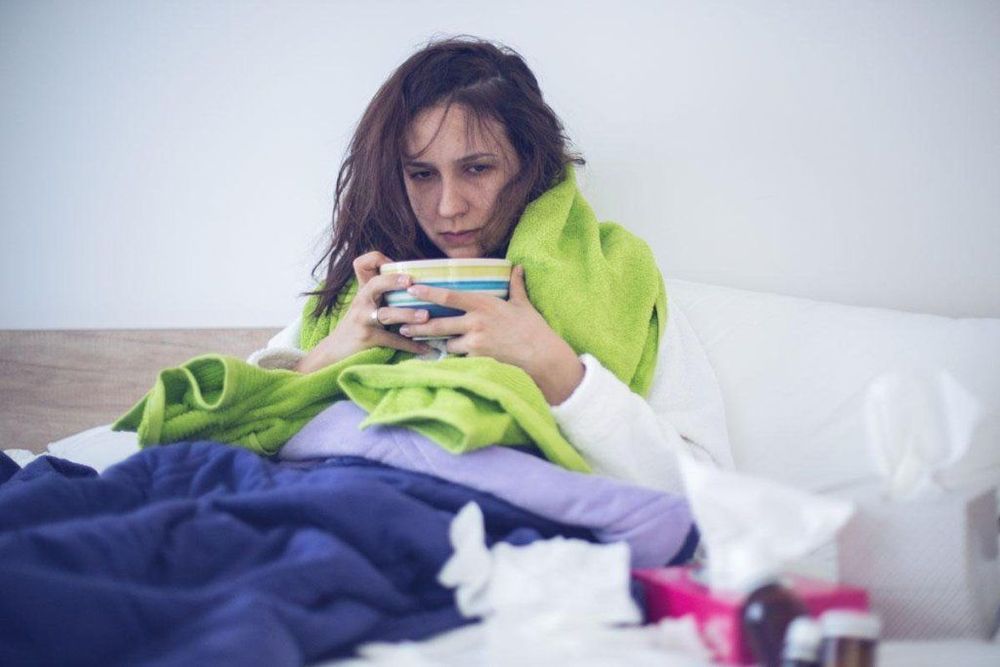
Brain mapping: New technique reveals how information is processed
Scientists have discovered a new method for quickly and efficiently mapping the vast network of connections among neurons in the brain.
Researchers combined infrared laser stimulation techniques with functional magnetic resonance imaging in animals to generate mapping of connections throughout the brain. The technique was described in a study published in the journal Science Advances.
“This is a revolution in detecting connections in the brain,” said senior author Anna Wang Roe, Ph.D., a professor in the Division of Neuroscience at OHSU’s Oregon National Primate Research Center. “The ability to easily map connections in the living brain with high precision opens doors for other applications in medicine and engineering.”
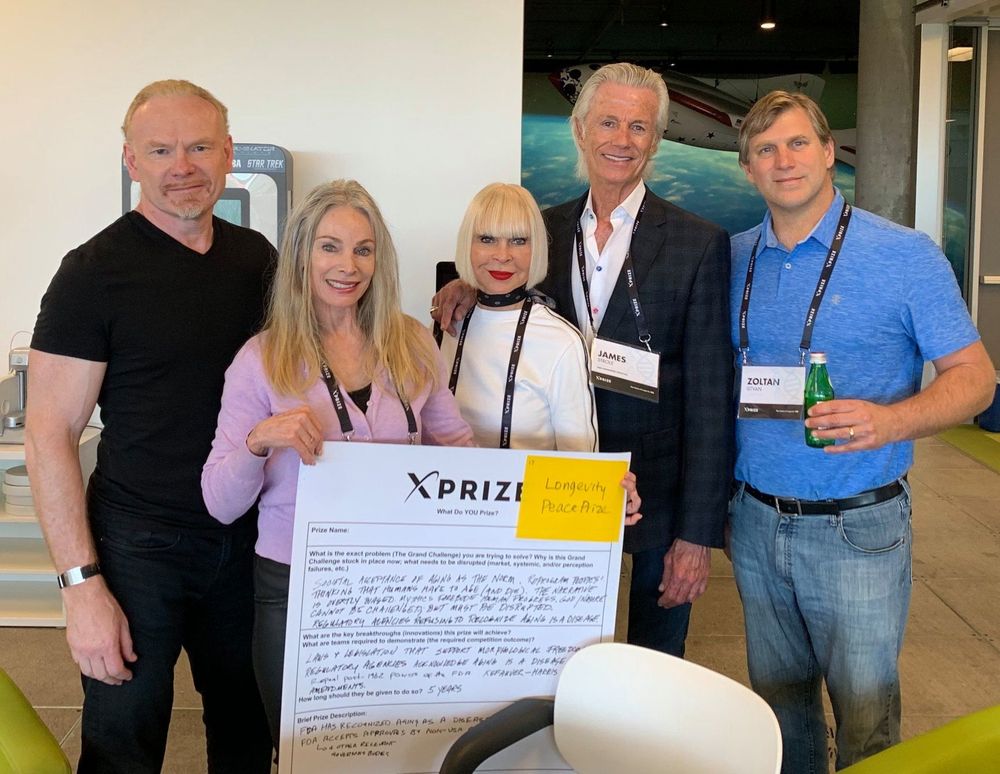
Here’s an image of Max More, Natasha Vita-More, Jim Strole, Bernadeane, and myself with the final version of our XPRIZE work at their event yesterday
We submitted the Longevity Peace Prize, worth $5 million dollars to be awarded to any longevity activist(s) in the next 5 years who can get a major world government or the UN to declare “aging a disease” as a policy and to help reverse regulatory hurdles on life extension research. Hopefully, this early version of a prize may one day become reality. https://xprize.org/
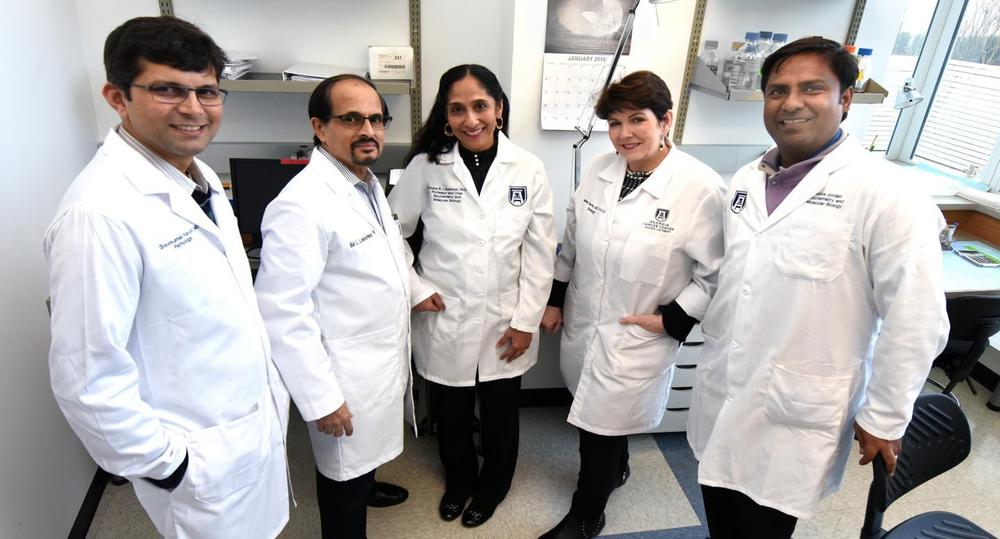
Storage beyond the cloud
A new way to store information in molecules could preserve the contents of the New York Public Library in a teaspoon of protein, without energy, for millions of years.
Books can burn. Computers get hacked. DVDs degrade. Technologies to store information–ink on paper, computers, CDs and DVDs, and even DNA–continue to improve. And yet, threats as simple as water and as complex as cyber-attacks can still corrupt our records.
As the data boom continues to boom, more and more information gets filed in less and less space. Even the cloud–whose name promises opaque, endless space–will eventually run out of space, can’t thwart all hackers, and gobbles up energy. Now, a new way to store information could stably house data for millions of years, lives outside the hackable internet, and, once written, uses no energy. All you need is a chemist, some cheap molecules, and your precious information.

New video from Undoing Aging 2019: Judy Campisi, Professor at the Buck Institute for Research on Aging, presenting her work on taming cellular senescence, the source of chronic inflammation implicated in major age-related diseases
undoing-aging.org/…/judy-campisi-presenting-at-undoing-agin…
More info on Forever Healthy: forever-healthy.org
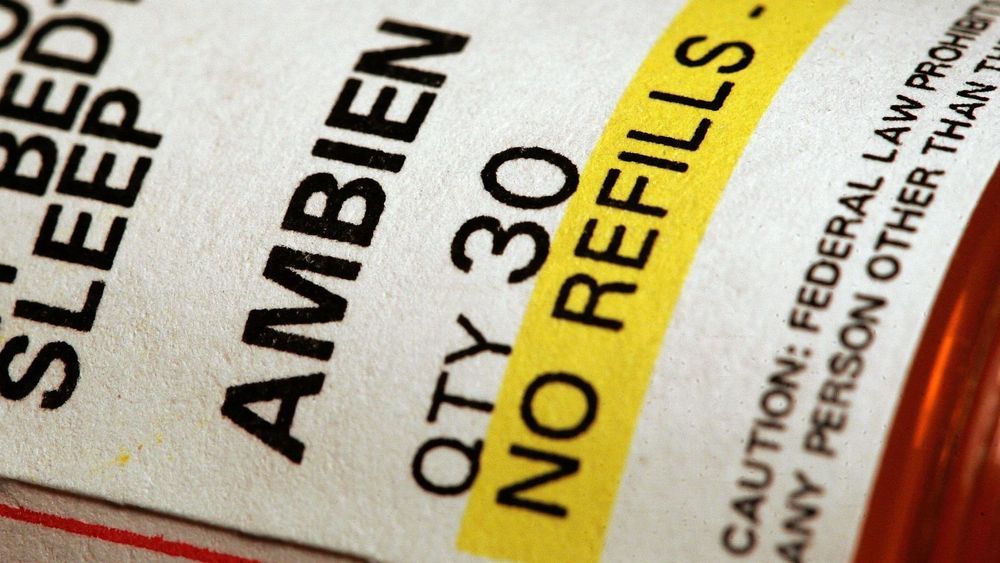
Sleep Drugs Like Ambien Will Get a New FDA Warning About Potentially Fatal Side Effects
The Food and Drug Administration is forcing certain sleep drugs to carry a deadly serious warning about the rare, frightening side effects they can cause. The side effects, which have reportedly caused serious injuries and even deaths, include sleepwalking and other intricate behaviors done while a person is sleeping or not fully awake, like driving and cooking.
The new black box warning—the strictest label used by the FDA to denote potentially life-threatening side effects—will apply to three drugs commonly used for insomnia and sold under various brand names. They are eszopiclone (Lunesta), zaleplon (Sonata), and zolpidem (Ambien, among other names). In addition to the warning, people will also be told to stop or avoid using these drugs if they’ve ever experienced these symptoms.